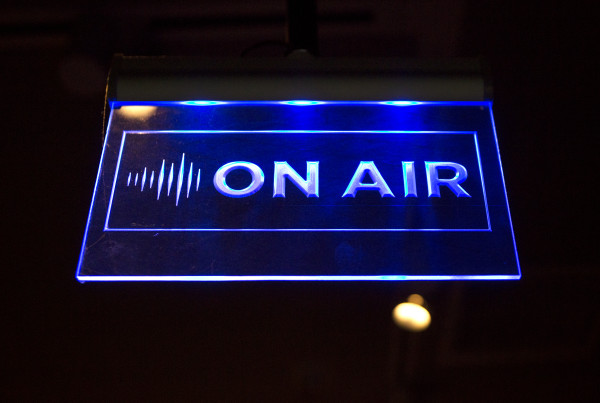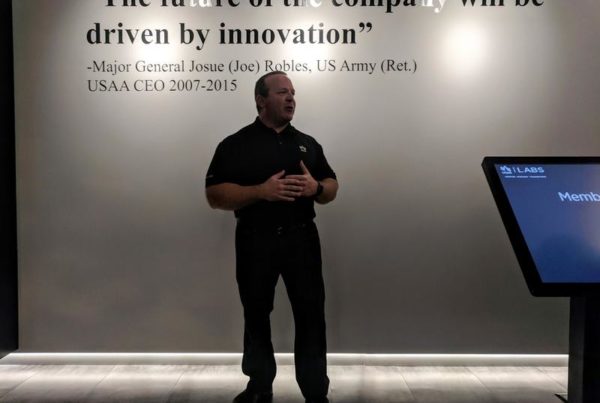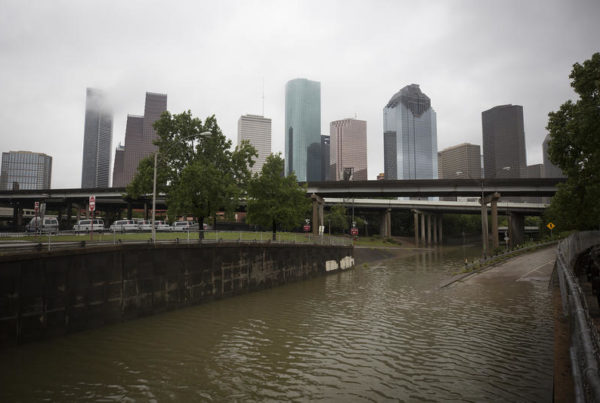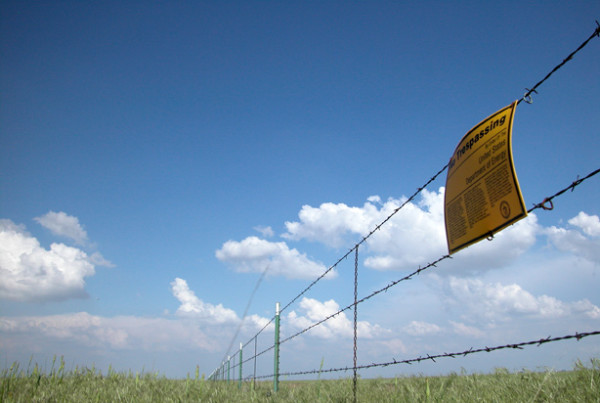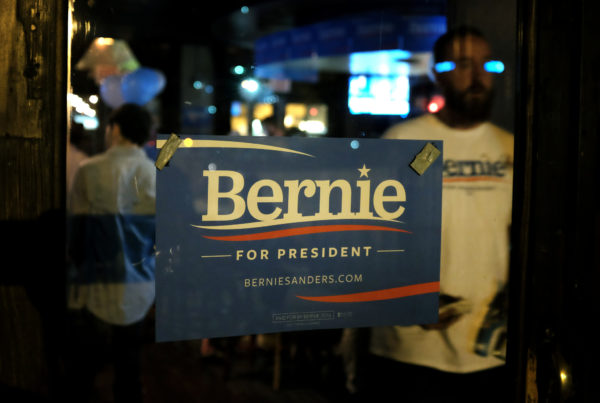French President Emmanuel Macron is the first world leader to make an official state visit to the United States since Donald Trump assumed the presidency. In addition to a state dinner, the trip will undoubtedly include conversations between the French leader and President Trump about the future of the Iran nuclear deal.
Trump has set a May deadline for deciding whether the U.S. will continue living up to the agreement. Macron and other European leaders, including German Chancellor Angela Merkel, who visits Washington later this week, would like to see Trump uphold the deal negotiated by his predecessor, Barack Obama.
Paul Miller, associate director of the Clements Center for National Security at the University of Texas at Austin, says Macron has the best chance of any European leader of persuading Trump to retain the deal, because the two leaders have a strong personal connection Trump doesn’t have with other leaders.
“Among all the European leaders, Macron has worked hardest to develop a personal relationship with Trump, based on mutual respect, and by flattering the president,” Miller says.
For Europe, Iran may be an adversary, but it’s also a business partner. Miller points out that European Union member countries trade with Iran, and European companies have recently increased their investments there. If the U.S. were to impose sanctions on companies that do business with Iran, the pain would be felt in Europe.
Trump’s objections to the Iran nuclear deal center on the verification provisions, and Iran’s potential to develop ballistic missiles, which are not covered by the deal, Miller says.
“I think Trump’s concerns are valid. I think the Iran nuclear deal has some weaknesses…” he says. “My understanding is that the Europeans, over the past several months, have been working on side deals that don’t modify the existing Iran nuclear deal, but add on some other agreements to strengthen the enforcement. And those might be enough to keep the American bureaucracy on board. My concern is that President Trump may not make this decision based on the technicalities of the agreement, but upon his desire to look tough.”
Miller says European leaders are also concerned about how Trump’s attitude toward the Iran deal could influence what happens between the U.S. and North Korea.
“I think the Europeans are actually quite concerned that we may end up with two militarized crises, simultaneously, one in the Middle East and one in east Asia,” he says. “And they really want to avoid that.”
Written by Shelly Brisbin.




